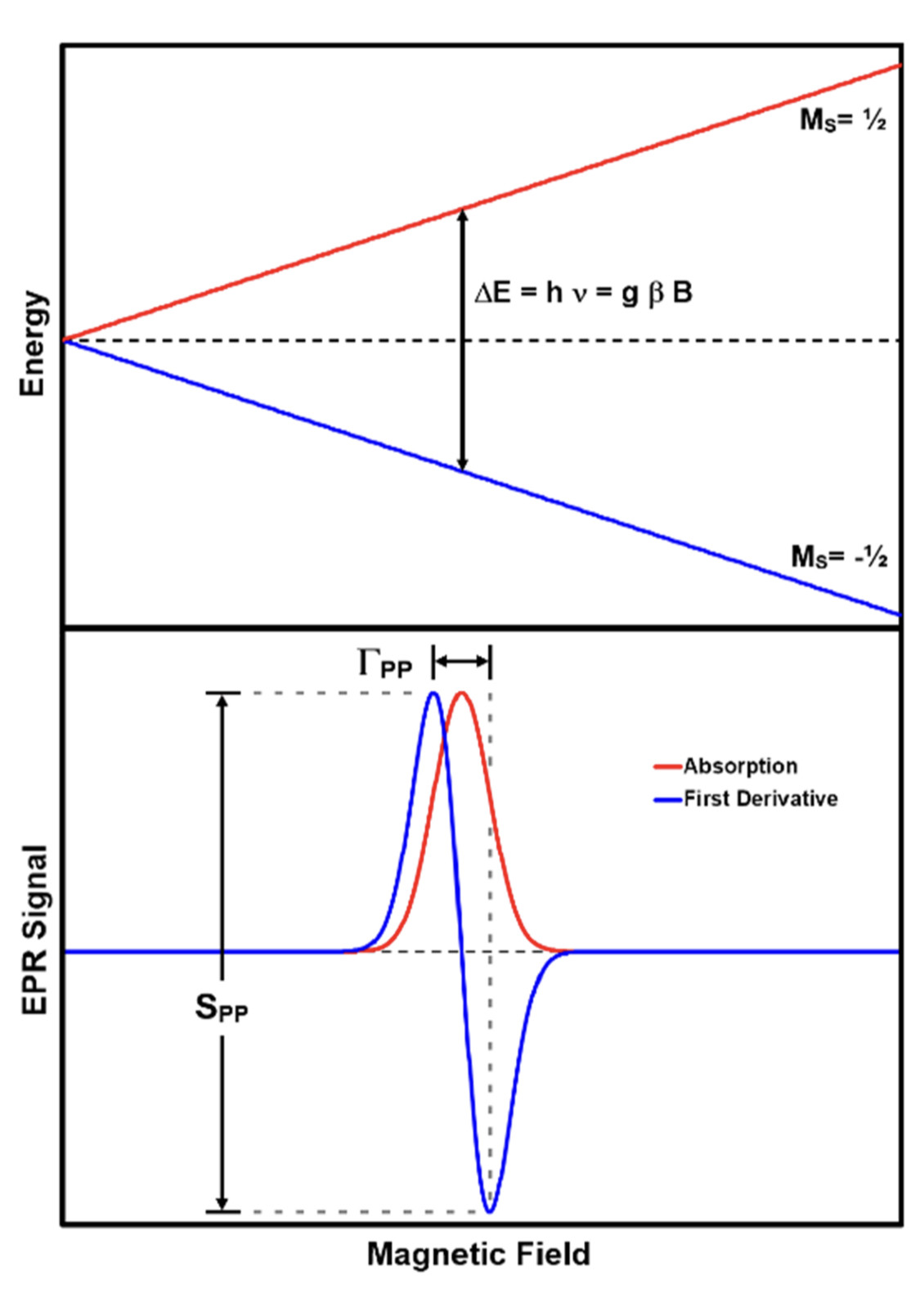What are triggers for epilepsy?
Missed medication, lack of sleep, stress, alcohol, and menstruation are some of the most common triggers, but there are many more. Flashing lights can cause seizures in some people, but it's much less frequent than you might imagine.
Proud American Patriot Family is Everything Seek the Truth #wwg1wga #maga #thegreatawakening
I have a seizure disorder...came on when I was 12. I dont have many and medication controls them but the main teigger for me has been stress.
❤️
Liposomes as a Vaccine Delivery System - ScienceDirect
Among the various particulate delivery systems, liposomes—bubble-like nano/microsized lipidic bilayer structures—have shown great promise as an antige…
https://www.sciencedirect.com/science/article/pii/B9780323399814000129Interaction of positively-charged liposomes with blood: implications for their application in vivo - PubMed
Liposomes with positively-charged lipid components have previously demonstrated efficacy in animal models for human diseases, and are currently being evaluated in human clinical studies. Cationic lipids can improve entrapment efficiency of drugs and other substances which are negatively charged, and..
https://pubmed.ncbi.nlm.nih.gov/1751523/Paramagnetic liposomes as innovative contrast agents for magnetic resonance (MR) molecular imaging applications - PubMed
This article illustrates some innovative applications of liposomes loaded with paramagnetic lanthanide-based complexes in MR molecular imaging field. When a relatively high amount of a Gd(III) chelate is encapsulated in the vesicle, the nanosystem can simultaneously affect both the longitudinal (R(1..
https://pubmed.ncbi.nlm.nih.gov/18972531/
diamagnetic
/ˌdʌɪəmaɡˈnɛtɪk/m
PHYSICS
(of a substance or body) tending to become magnetized in a direction at 180° to the applied magnetic field.
Diamagnetic materials are slightly repelled by a magnetic field and do not retain the magnetic properties when the external field is removed. Paramagnetic materials are slightly attracted by a magnetic field and do not retain the magnetic properties when the external field is removed.
Since the structures of biological cells are magnetically and mechanically inhomogeneous, the application of a homogeneous magnetic field may cause redistribution of stresses within cells, deformation of intracellular structures, change of membrane permeability, etc.
Covalent bonding occurs when pairs of electrons are shared by atoms. Atoms will covalently bond with other atoms in order to gain more stability, which is gained by forming a full electron shell. By sharing their outer most (valence) electrons, atoms can fill up their outer electron shell and gain stability.
A covalent bond consists of the mutual sharing of one or more pairs of electrons between two atoms. These electrons are simultaneously attracted by the two atomic nuclei. A covalent bond forms when the difference between the electronegativities of two atoms is too small for an electron transfer to occur to form ions.
The electron carriers take the electrons to a group of proteins in the inner membrane of the mitochondrion, called the electron transport chain. As electrons move through the electron transport chain, they go from a higher to a lower energy level and are ultimately passed to oxygen (forming water).

